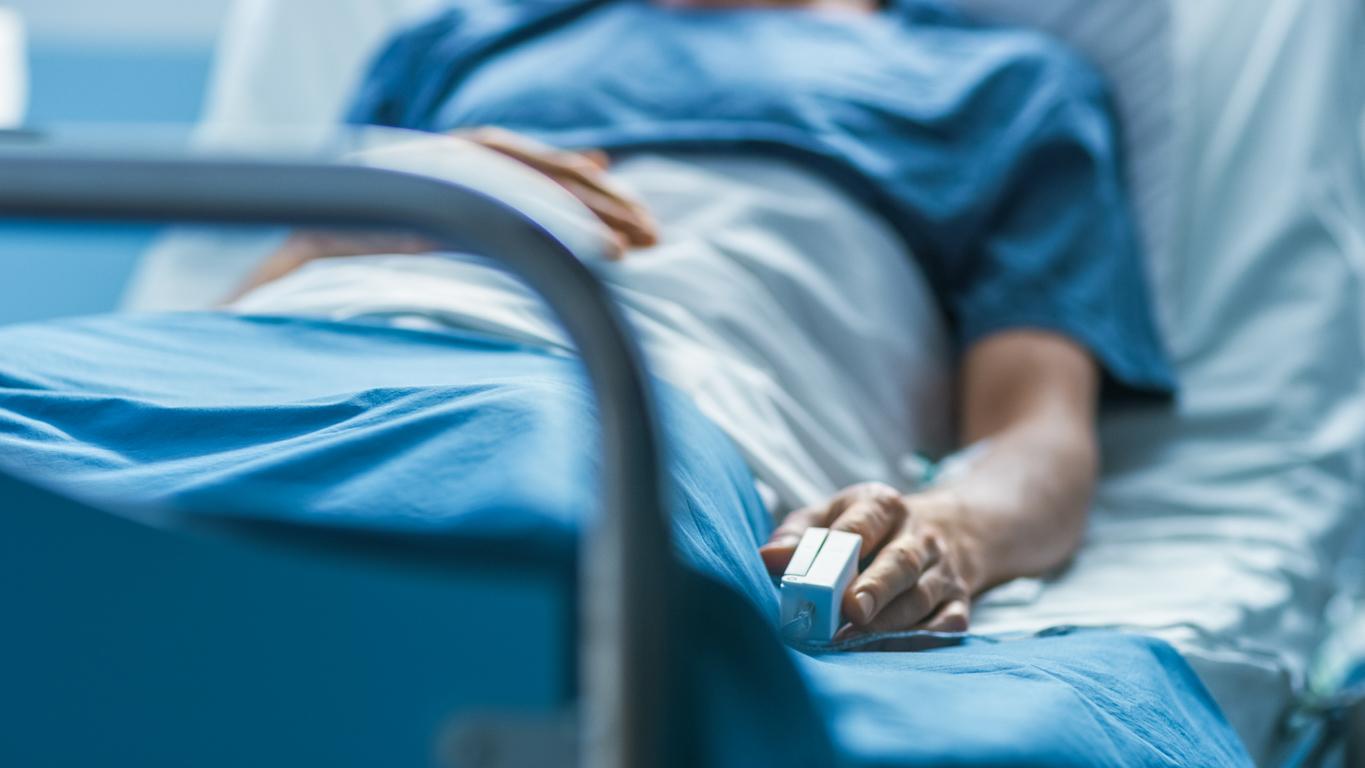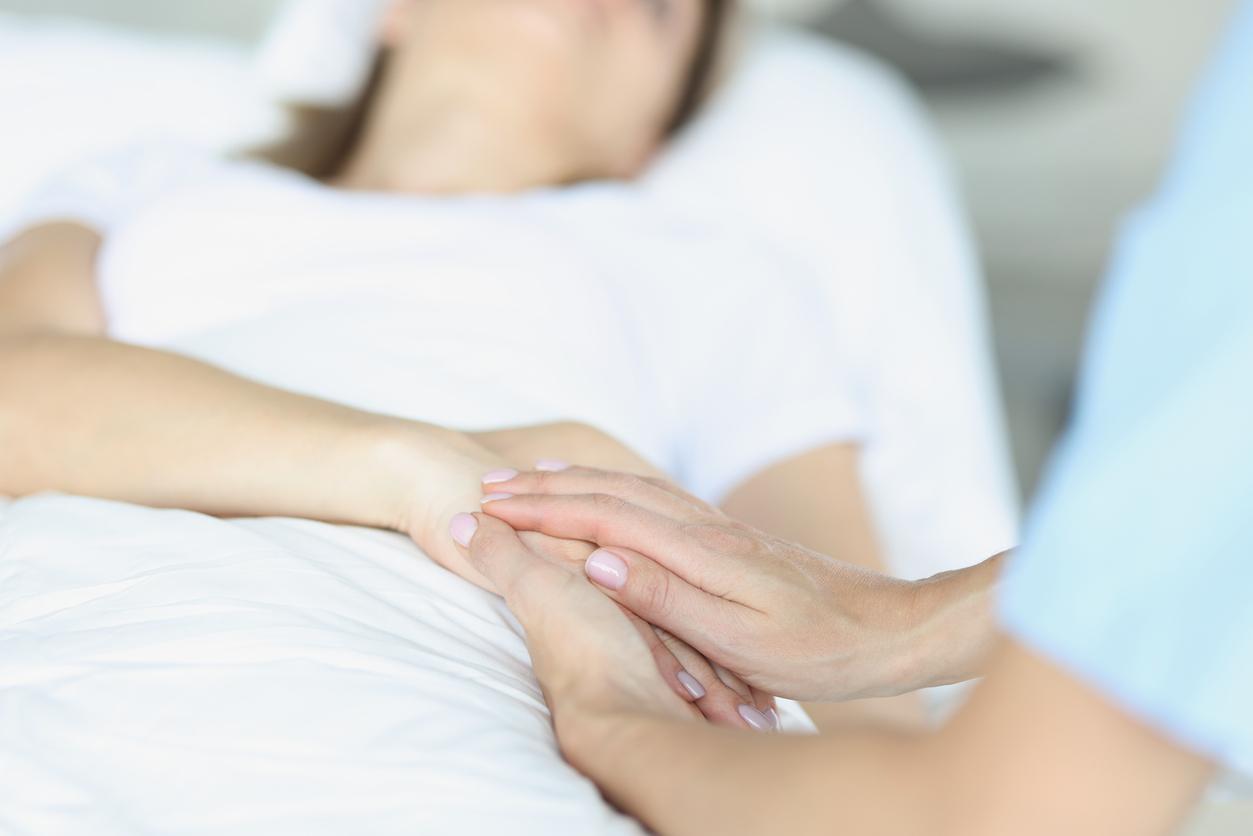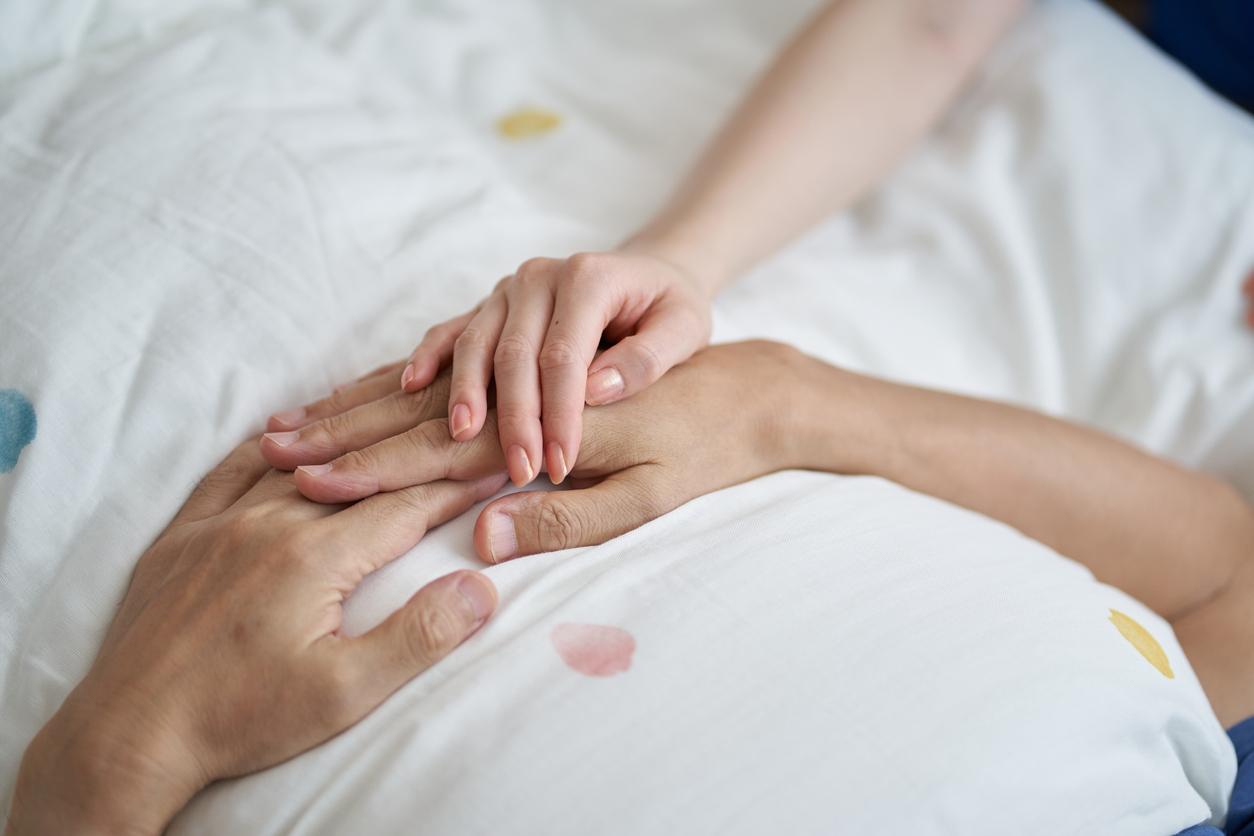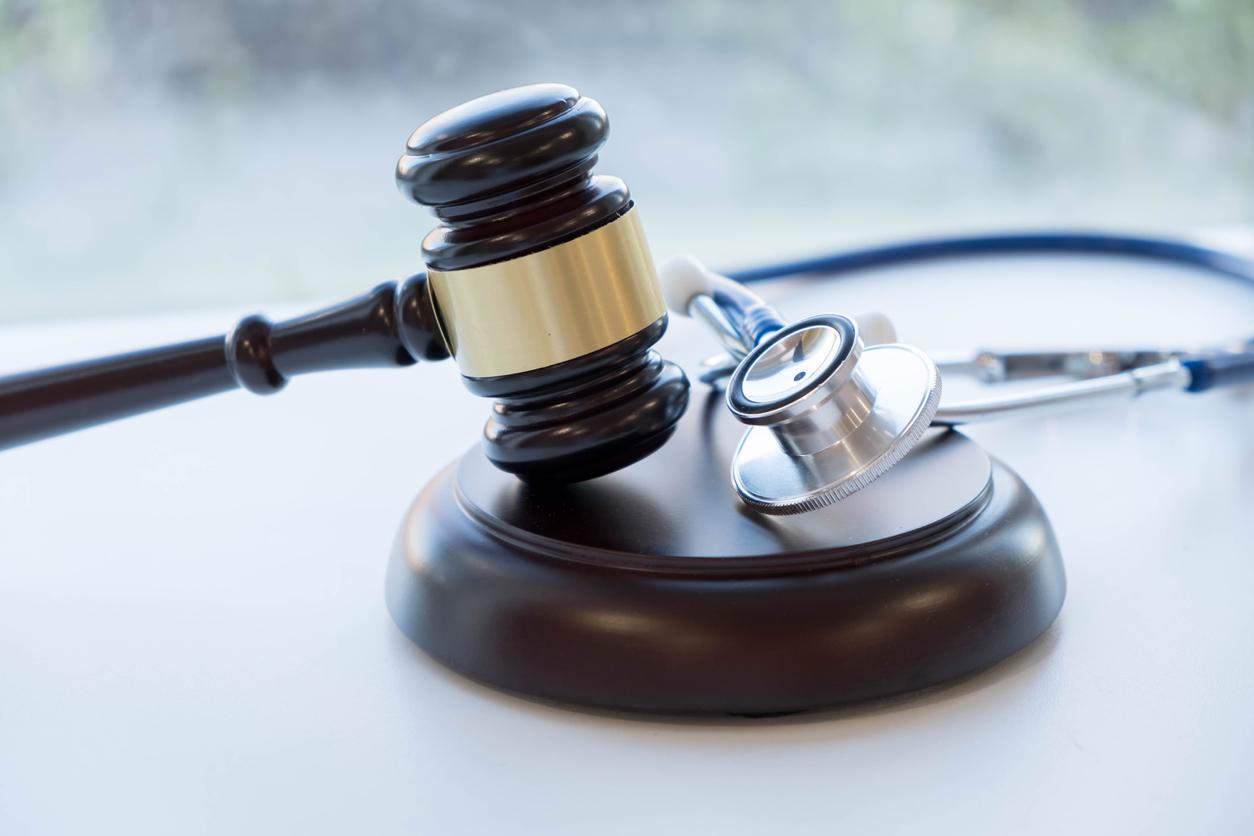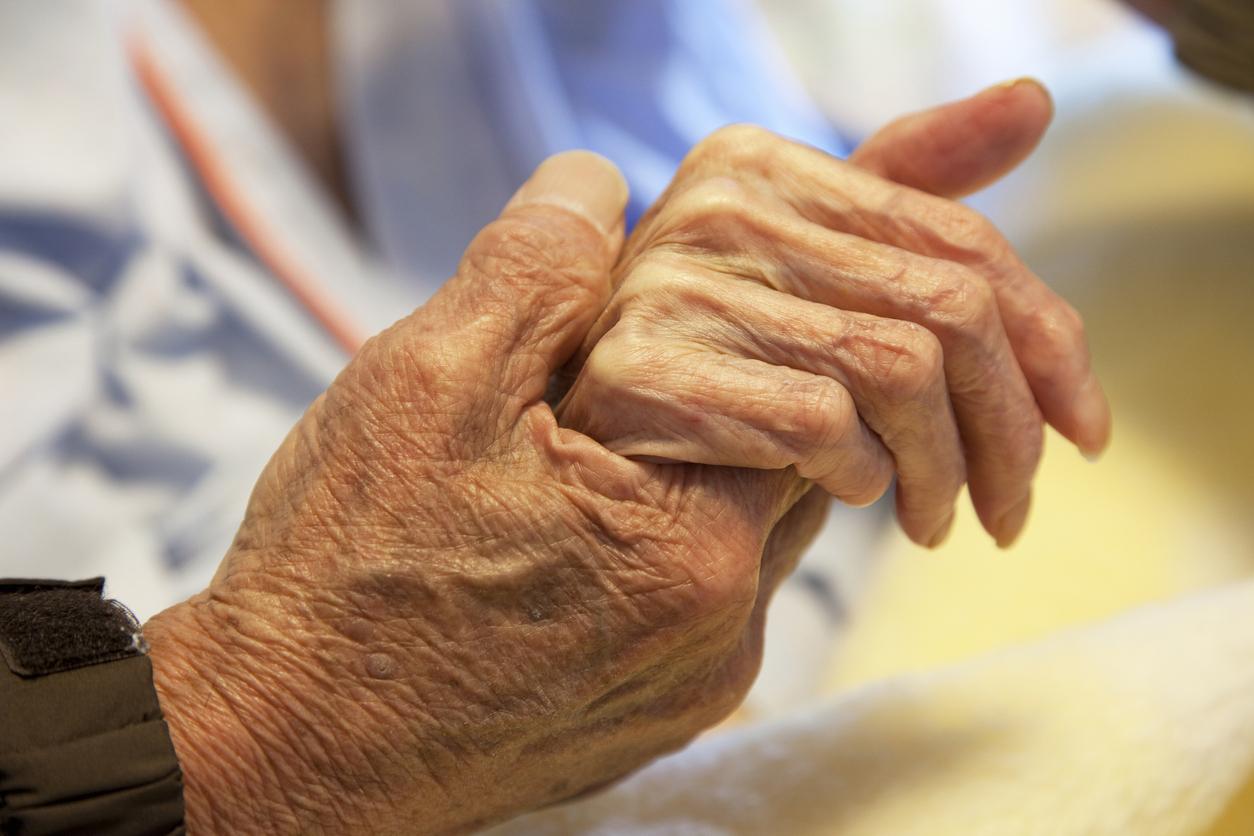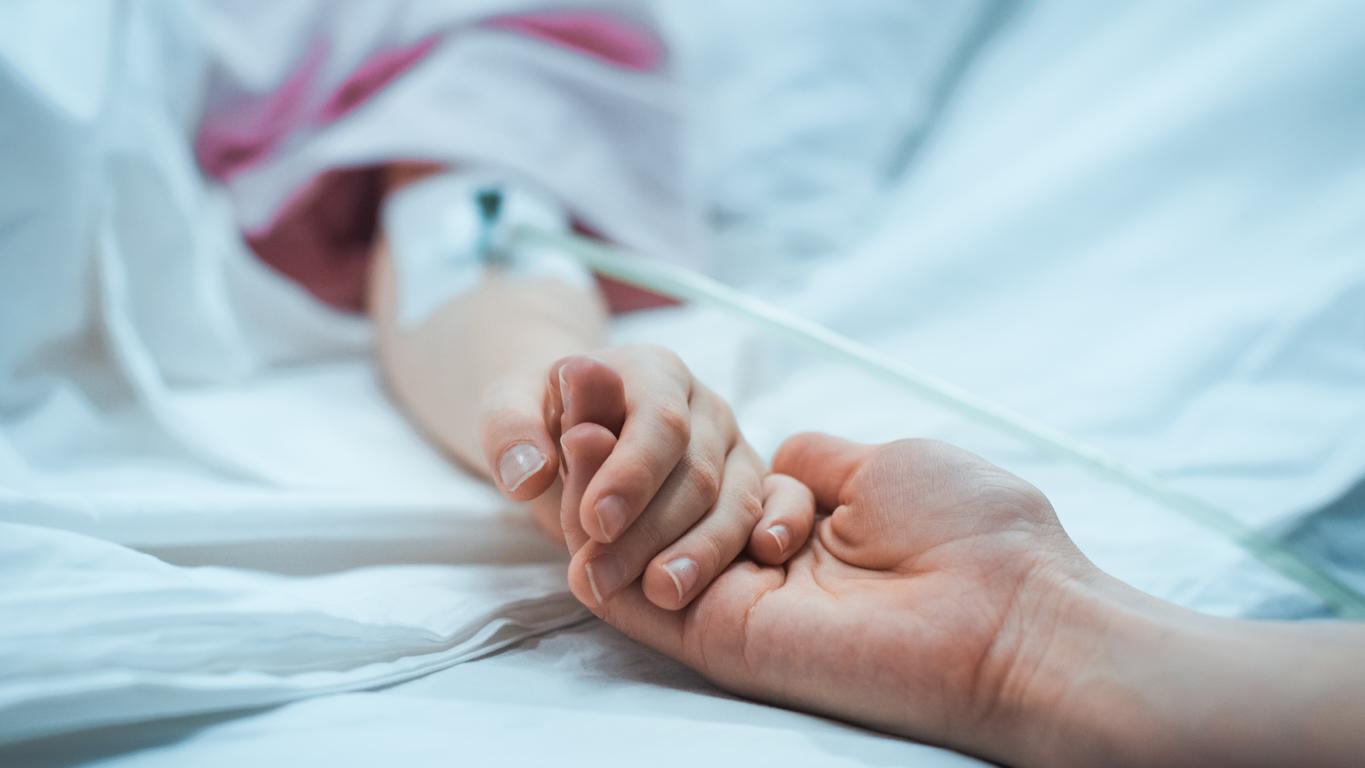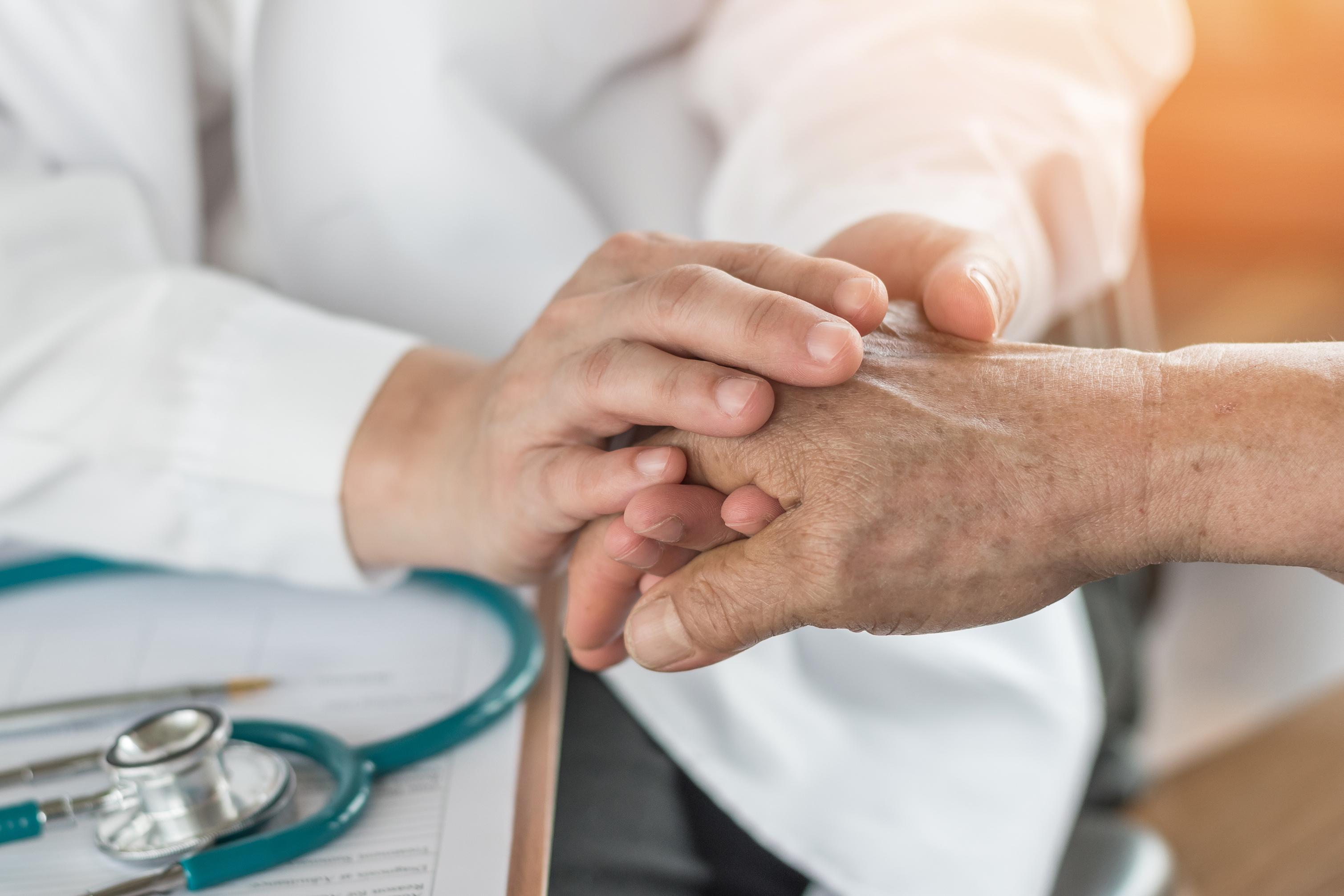The trial of the ex-emergency physician, Nicolas Bonnemaison, ended this Wednesday in Pau. Accused of poisoning seven people at the end of their life, the doctor was acquitted.
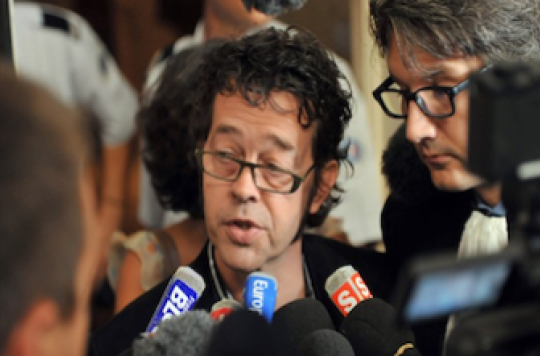
Five years in prison, with a possible suspension? This was what was required Tuesday in Pau against the doctor Nicolas Bonnemaison, tried for the poisoning of seven patients at the end of their life. But the juries of the Assize Court of Pyrénées-Atlantiques did not take into account the indictment of the Advocate General. This Wednesday, they indeed acquitted the ex-emergency physician of the Bayonne University Hospital. “There had to be an acquittal. Commented the wife of a patient followed by Dr Bonnemaison. And for his lawyer, the same tone of satisfaction: “this man acted like a doctor. He always claimed it. His doctor friends said they were proud of him, his wife too, we lawyers are also proud of him. In this extraordinary affair, there is no doubt that the support of the majority of families for Dr Bonnemaison weighed heavily in the balance. Just before the verdict, Dr Bonnemaison recalled that he had “Acted as a doctor”, specifying that “It is part of the doctor’s duty to support his patients right through to the end”
why actor reviews the main stages in this case.
Reported by nurses and a caregiver
The doctor Nicolas Bonnemaison is being prosecuted for “poisoning of particularly vulnerable people”, five women and two men at the end of their life hospitalized in a unit of the emergency department of the Bayonne hospital where he worked. These people had died shortly after their admission, between March 2010 and July 2011, due to the actions of the ex-emergency physician. But the latter was denounced shortly after, in August 2011 exactly, by nurses and a nursing assistant from his department. Struck off by the Council of the Order of Physicians, he took responsibility for his actions from the start, and explained that he “showed compassion in order to preserve the dignity of patients. The majority of the families of deceased patients also supported him in his legal fight.
No complaints from families
First indicted for the cases of four patients, on August 12, 2011, he was indicted in January 2012 for three other deaths. Even though no victim’s family had lodged a complaint, two of them had nevertheless become civil parties. In law, Nicolas Bonnemaison was accused of having administered drugs to these patients outside the treatment protocol and without resorting to the advice of other doctors. He would have used Hypnovel, a powerful psychotropic drug, and at least once Norcuron, based on curare, a substance causing paralysis of the respiratory muscles, used in anesthesia-resuscitation.
Thus, justice accused him of having acted outside the framework of the Leonetti law on the end of life. It is true that this allows the doctor to administer to the patient a dose of palliative care which may have the side effect of shortening his life. On the condition of notifying the patient or his family, and in agreement with other doctors. However, in certain cases, Dr. Bonnemaison would have acted alone, without warning anyone. At least not the medical team.
60,000 signatures on the eve of the trial
Finally, the case of Nicolas Bonnemaison has until the end divided the French and the medical profession. In 2013, more than 250 practitioners denounced in an open letter to François Hollande the radiation of the emergency physician, and a petition in his favor had already collected 60,000 signatures the day before the trial. “We are deeply shocked by this sentence”, recently explained to Agence France Presse one of the signatories of this open letter. “He is a practitioner that we know, he worked for 22 years in the hospital,” pleaded this colleague. But beyond his personal case, it is the debate on euthanasia and medical assistance in dying that should resurface.
.







